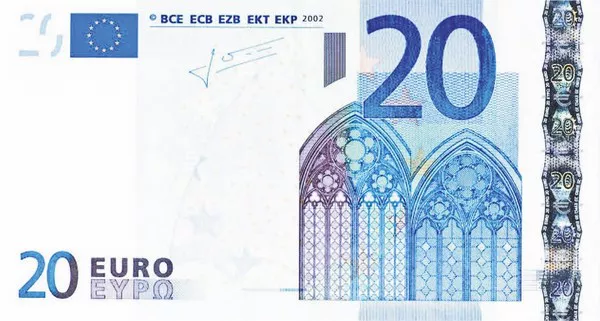The pound has been a volatile currency, with its value fluctuating over time against other major currencies such as the euro. In recent months, there has been speculation about whether the pound will get stronger against the euro. Several factors could affect the pound’s value, including economic indicators, political developments, and global events. This article will analyze these factors to provide an outlook on the pound’s future against the euro.
Economic Indicators that Could Affect the Pound’s Value:
- Inflation Rates:
One of the significant factors that could affect the pound’s value is inflation rates. When inflation rates rise, it can lead to a decrease in the value of a currency. On the other hand, when inflation rates are low, it can lead to an increase in the value of a currency. Therefore, if the UK’s inflation rate continues to remain below the EU’s inflation rate, it could make the pound stronger against the euro.
- Interest Rates:
Another essential factor that could affect the pound’s value is interest rates. When interest rates increase, it can lead to a higher demand for that currency, making it more valuable. If the Bank of England decides to raise interest rates, it could make the pound stronger against the euro. However, if the European Central Bank (ECB) raises interest rates before the Bank of England does, it could weaken the pound against the euro.
- Gross Domestic Product (GDP):
GDP is a measure of a country’s economic output. It plays a crucial role in determining a currency’s strength. If the UK’s GDP growth rate is higher than the EU’s GDP growth rate, it could make the pound stronger against the euro. Conversely, if the EU’s GDP growth rate is higher than the UK’s GDP growth rate, it could weaken the pound against the euro.
Political Developments:
- Brexit:
The UK’s decision to leave the European Union (EU) has had a significant impact on the pound’s value. Since the referendum in 2016, the pound has been volatile, and its value has fluctuated. The ongoing negotiations between the UK and the EU could continue to affect the pound’s value. If the negotiations lead to a favorable trade deal for the UK, it could make the pound stronger against the euro. However, if the negotiations fail, it could weaken the pound against the euro.
- Political Stability:
Another factor that could affect the pound’s value is political stability. If the UK government remains stable, it can lead to increased investor confidence, making the pound more valuable. On the other hand, if there are political uncertainties or changes in government, it could lead to a decrease in investor confidence and weaken the pound against the euro.
Global Events:
- Pandemic:
The COVID-19 pandemic has had a significant impact on the global economy, including currency markets. The UK’s response to the pandemic, as well as its economic recovery, could affect the pound’s value. If the UK’s recovery from the pandemic is stronger than that of the EU, it could make the pound stronger against the euro. Conversely, if the EU’s recovery is stronger than the UK’s, it could weaken the pound against the euro.
- Geopolitical Tensions:
Political tensions between countries can also affect currency markets. For example, if there are tensions between the UK and the EU or between the US and China, it could lead to a decrease in investor confidence and weaken the pound against the euro.
Conclusion:
In conclusion, several factors could affect the pound’s future against the euro. Economic indicators such as inflation rates, interest rates, and GDP growth rates could play a crucial role in determining the pound’s strength. Political developments, such as Brexit and political stability, could also affect the pound’s value. Global events such as the COVID-19 pandemic and geopolitical tensions could also impact currency markets. Therefore, it is essential to keep a close eye on these factors to gain insights into the pound’s future against the euro.
Related Topics:



























